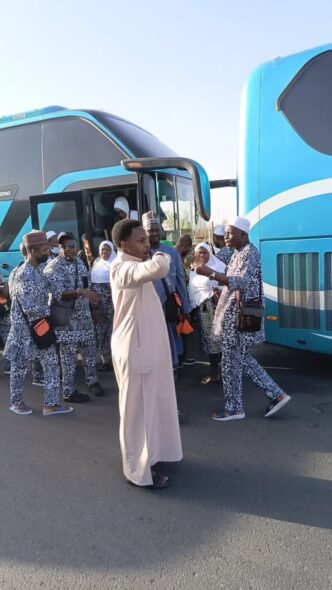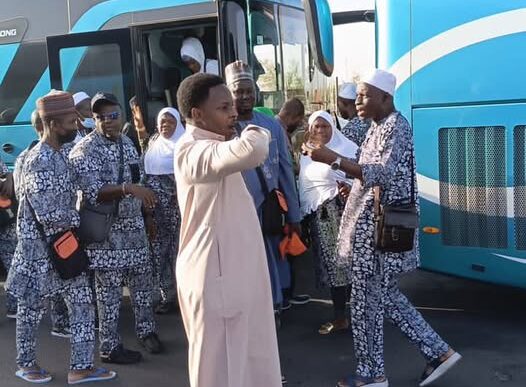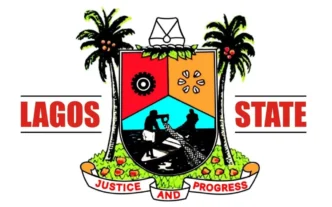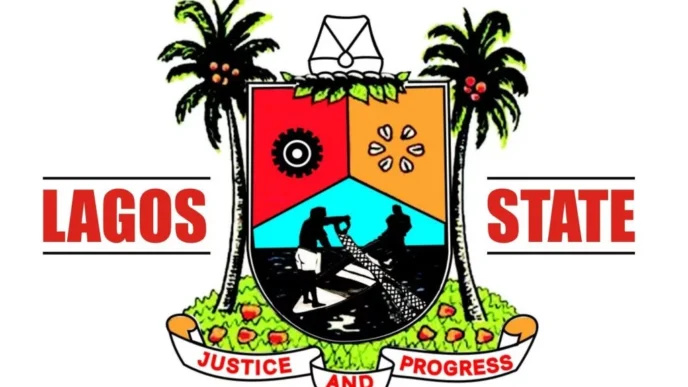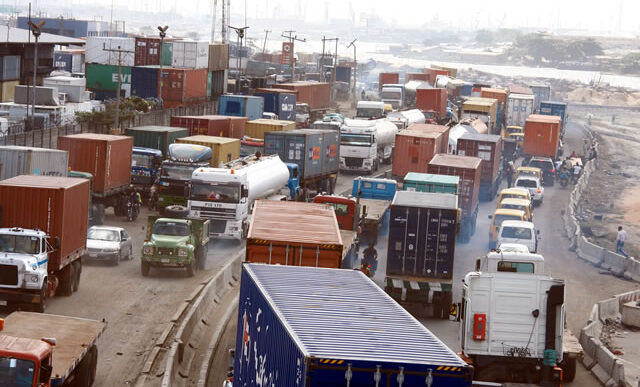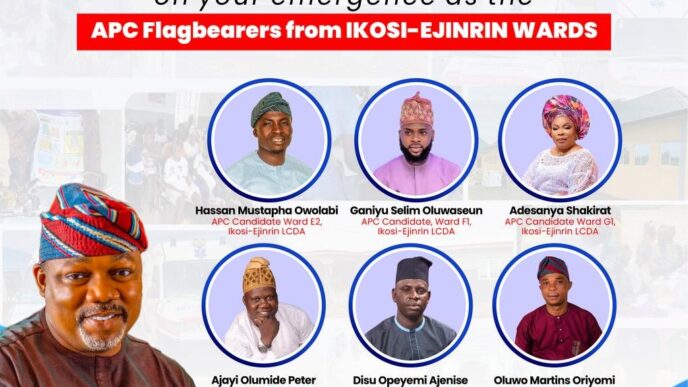The upcoming local government elections in Lagos State, scheduled for July 12, have been met with significant challenges, primarily due to deep internal divisions within the state’s Labour Party.
EpeInsights learnt that these divisions have complicated the process for the Lagos State Independent Electoral Commission (LASIEC), which is tasked with overseeing the polls.
The Chairman of LASIEC, Justice Bola Okikiolu-Ighile, revealed that the Labour Party is currently fractured into three distinct factions, each of which has sought the commission’s oversight in their respective primary elections.
Labour Party’s Internal Struggles: A Barrier to Progress
During a stakeholders’ engagement forum in Ikeja, held on Thursday, Justice Okikiolu-Ighile discussed the complexities arising from the Labour Party’s internal conflicts.
The three factions within the party have separately invited LASIEC to observe their primaries, a request the commission ultimately declined.
The decision to reject the invitations stemmed from concerns over the legitimacy of the primaries, as LASIEC could not determine which faction held the official mandate of the party.
In light of these issues, the commission is awaiting formal guidance from the Independent National Electoral Commission (INEC) to determine which faction should be recognized for the forthcoming local government elections.
Justice Ighile expressed her concern that the Labour Party’s unresolved internal crisis might have a significant impact on the party’s performance and participation in the elections.
With the July 12 polls fast approaching, the Labour Party’s factional disputes have created an environment of uncertainty, making it unclear whether the party will be able to field unified and credible candidates.
LASIEC’s Commitment to Fair and Transparent Elections
Despite the challenges posed by the Labour Party’s internal struggles, LASIEC has reaffirmed its commitment to conducting elections that are free, fair, and transparent across all local councils in the state.
The commission has emphasized that it is dedicated to promoting inclusivity and fostering public trust in the electoral process.
One of the key initiatives introduced by LASIEC to encourage broader participation is the provision of free nomination forms for three key groups: women, persons with disabilities, and youths.
These forms will be available through registered political parties, ensuring that marginalized groups have a greater chance to engage in the democratic process.
Justice Ighile further emphasized the need for political parties to uphold internal democracy and foster a culture of active voter mobilization ahead of the election.
She called on all stakeholders, including political parties and civil society groups, to play an active role in building public confidence in the electoral system.
Promoting Voter Education and Combatting Election Apathy
During the same forum, LASIEC’s Permanent Secretary, Mrs. Folashade Omowole, also underscored the crucial role of voter education in combating voter apathy, misinformation, and election-related violence.
She stressed that credible elections are not only the result of a well-functioning commission but also require the active cooperation of political parties, civil society organizations, and community leaders.
Omowole noted that LASIEC would continue to prioritize transparency and fairness in the upcoming elections.
She reiterated the commission’s commitment to ensuring that the will of the people is accurately reflected through a credible and inclusive electoral process.
A Call for Political Unity and Electoral Integrity
The leadership at LASIEC has made it clear that for the upcoming July 12 local government elections to be successful, all stakeholders must come together in the spirit of cooperation.
There is an urgent need for political parties, particularly the Labour Party, to resolve internal conflicts and work towards a unified front to participate effectively in the polls.
The integrity of the electoral process depends on the collaboration of all parties, as well as the active involvement of civil society organizations and community leaders in ensuring a fair, transparent, and credible election.
As the elections draw near, the unfolding crisis within the Labour Party poses a serious risk not only to the party itself but to the broader political landscape of Lagos State.
How the situation is resolved in the coming weeks will likely have a lasting impact on the party’s ability to effectively compete in the local government elections, and whether the state’s voters can place their trust in the electoral process will depend heavily on how well LASIEC manages the situation and upholds its promises of transparency and inclusivity.

